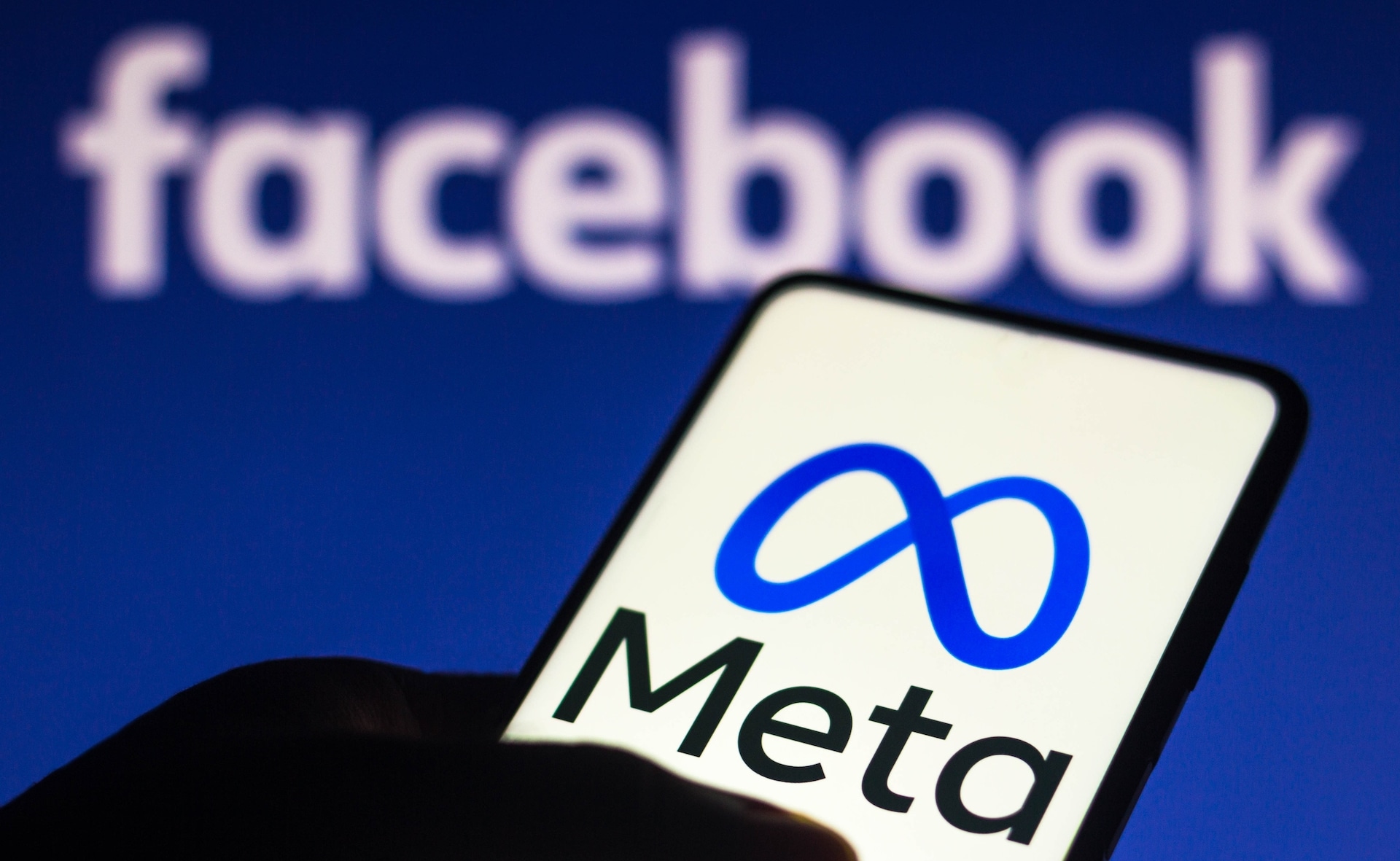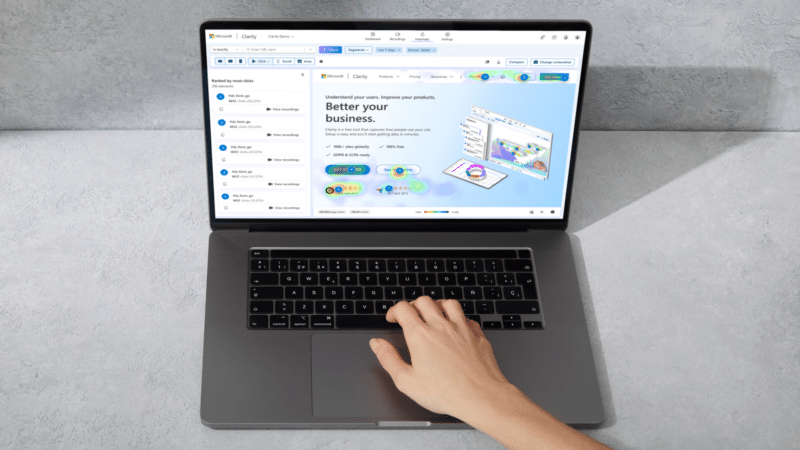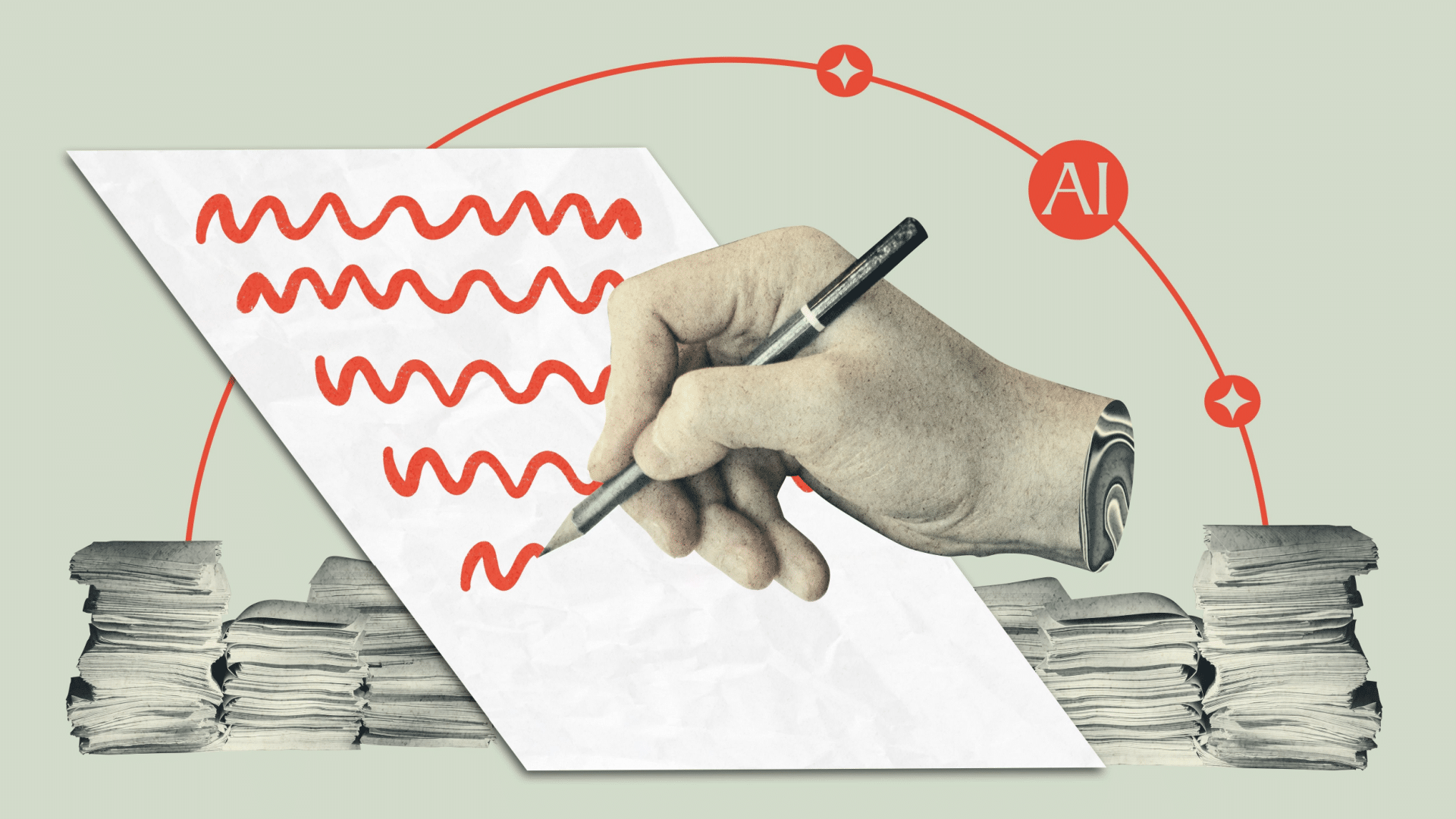Having the right tools is crucial for agencies navigating the dynamic PPC landscape.
In this article, I will provide an in-depth look at the top 10 tools that have been indispensable in the growth of my agency.
These tools have streamlined our processes and have been instrumental in driving successful digital marketing campaigns.
1. Google Product Suite
The Google product suite covers many products, but we use Slides, Sheets and Docs the most. I felt like these suites could be categorized as one tool even though, technically, there are multiple.
Google Sheets is a standout among Google’s offerings, and its impact on our daily operations cannot be overstated.
The real-time collaboration feature has been a game-changer, eliminating the hassles of managing multiple versions of Excel documents.
In the early days, we grappled with confusing filenames like “example_excel_doc_FINAL_11-14,” leading to potential errors. Google Sheets has eradicated these frustrations, allowing seamless collaboration and simplifying data management.
Google Docs allows us to cross-collaborate instantaneously, both internally and externally. Having one digital document allows us to create a digital paper trail for all status docs, reports, etc.
Google Slides is a no-brainer. We always use this for reporting and ad hoc requests and have a custom theme for our internal usage. It is a great way to visualize and control the talk track.
2. DataSlayer
DataSlayer has emerged as a robust alternative to SuperMetrics, particularly its integration capabilities and overall functionality. Leveraging the Google Sheets product, we seamlessly connect channels like Meta, Google, TikTok, and Shopify into a unified dashboard.
This enhances efficiency and enables us to create client-friendly dashboards, simplifying the reporting process. There are a lot of reporting tools, but none that offer the level of customization we require.
We tap into many different platforms that all need to be aggregated to a full view of all managed marketing channels. DataSlayer is one of the most affordable, flexible solutions we have found.
Dig deeper: 11 free tools for PPC campaign management
3. Zapier
Zapier, often overlooked, is a powerhouse of automation. Its broad spectrum of built-in functionalities has left us consistently impressed.
From the seamless automation of repetitive tasks to establishing connections between disparate tools, Zapier has become an integral part of our streamlined workflows.
One of its standout features is its support for an expansive digital ecosystem of over 5,000 apps, allowing flexibility in customizing workflows to suit our unique needs.
We have used it to integrate with CRM systems, synchronize data across platforms, and send automated emails. It’s a tool that deserves more attention and recognition in the PPC community for its transformative impact on efficiency.
4. Google Analytics 4
Critics may voice their opinions, but Google Analytics remains a standard in the analytics realm. Its tracking capabilities and seamless integrations provide businesses with a wealth of data, especially small to medium-sized ones.
Understanding where your traffic is coming from, the devices, and locations from a holistic perspective can help drive business outcomes.
5. DownNotifier
DownNotifier is particularly valuable for agency owners. As part of our onboarding process, we’ve implemented automatic alerts that notify us when a client’s website is down.
This proved pivotal during a recent Shopify outage, allowing us to promptly inform the client and pause PPC campaigns to mitigate wasted spend.
The proactive approach to downtime management has proven to be a strategic advantage. The best part is that it’s a totally free service and takes virtually no time to set up.
Get the daily newsletter search marketers rely on.
6. Canva
For a team that leans more toward platform expertise than creative flair, Canva has become an indispensable tool.
Its remarkably intuitive platform serves as a game-changer, enabling us to craft visually stunning advertisements tailored for clients with limited creative capabilities.
Canva’s role extends beyond mere design – it catalyzes kickstarting social campaigns by offering an array of templates, graphics, fonts and AI customization options. All of this expedites our process of getting new campaigns launched.
7. Rich Data Tester
Hailing from Google, the Rich Data Tester is a valuable asset for troubleshooting issues in the Google Merchant Center or SEO.
Those versed in structured data find this tool helpful in gaining insights into how the Googlebot perceives a website. It aids in fine-tuning elements critical to visibility and performance.
The Google Merchant Center often gives errors like price mismatch, and when we use the Rich Data Tester, we can see what the robots see.
In many cases, the structured data is deployed in a way that confuses the bots. Your website needs to be converted to standardized languages that search engines can read. This will help you in all facets of marketing.
8. Google Keyword Planner
Keyword Planner has stood the test of time as an essential tool for anyone managing PPC campaigns. Despite evolving over the past decade, it remains one of the most reliable keyword research tools.
In the era of broad match keywords, it is a foundational resource for identifying high-volume keywords and gauging their relevance.
We frequently use this tool to focus on keywords with some volume level and forecast performance for clients using a blend of Google data, client data, and industry benchmarks.
This often creates a somewhat accurate prediction of investment and performance.
9. ChatGPT
It’s challenging to understate the value of ChatGPT in our daily operations. The buzz around this AI tool is well-founded, as it has been a true game-changer.
As teams become comfortable with the prompts, ChatGPT accelerates the creation of entire accounts, generating keywords, crafting ad copy, and designing landing pages in remarkably short time frames.
We’re exploring how to connect ChatGPT to other platforms like Zapier to grow the power exponentially.
Dig deeper: How to use ChatGPT to boost your PPC efforts
10. Google Tag Manager
One of the biggest challenges we get, especially when onboarding, is making sure that we are tracking and measuring the success of our campaigns.
Google Tag Manager is a godsend, especially if you know how to use it. You can track pretty much anything and everything that happens on-site. We can create condition-specific triggers and fire-specific conversions.
Even now, we still see a lot of clients who do not have the proper tracking setup. In some cases, companies spend and report on impressions, clicks and costs. One thing that we always try to push onto our clients is measurability. It keeps marketing directionally accountable for their campaigns’ investment and performance.
These tools have been instrumental in the growth of our agency. We use all of these tools every single day. These platforms allow us to deliver, manage and scale our business and clients.
I wonder how the rapid growth of AI and the exponential capabilities of technology will further improve and possibly replace some of the need for these tools.
Opinions expressed in this article are those of the guest author and not necessarily Search Engine Land. Staff authors are listed here.








